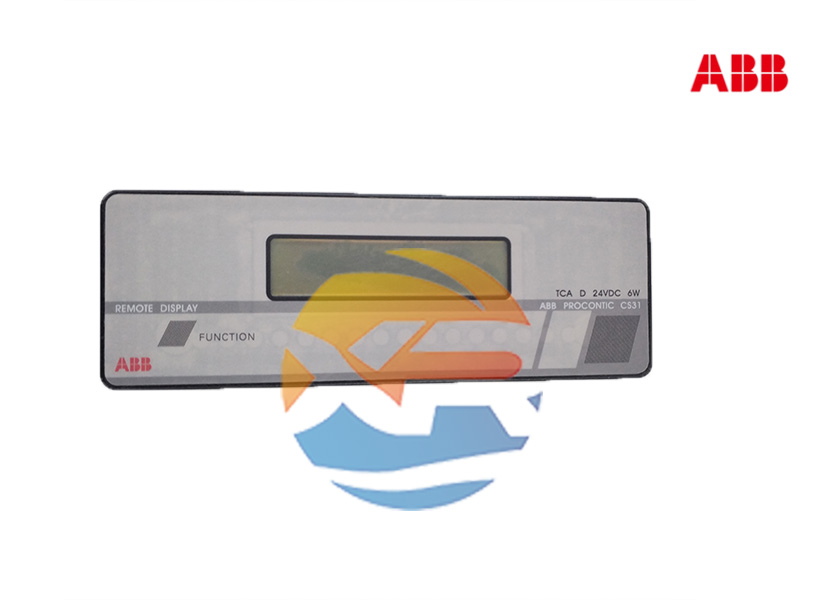In the demanding world of industrial automation, control systems must be both powerful and resilient. The ABB FPR3203526R1002A represents a specific configuration within ABB's family of modular industrial controllers, engineered for reliability in critical applications. This article provides a comprehensive technical overview of this controller, explaining its architecture, key features, and the specifications that make it a cornerstone of robust control systems.
The ABB FPR3203526R1002A is not a single, monolithic unit but a modular industrial control and automation controller. It belongs to a product family designed for high reliability and flexibility, often used in safety-critical or harsh industrial environments. The long part number typically signifies a specific pre-configured assembly or a core module within a modular system, which may include a central processing unit, memory, and specific communication interfaces.
Its primary role is to execute control logic, manage I/O (Input/Output) signals, and communicate with higher-level systems in applications ranging from power generation to oil and gas and water treatment.
The "modular" aspect of the FPR3203526R1002A is its key strength. Unlike a fixed PLC, a modular system allows engineers to build a controller tailored to the exact needs of the application.
This architecture offers significant benefits:
While exact specs require the official datasheet, controllers in this class typically offer:
Within a Distributed Control System (DCS) or a large PLC-based architecture, this controller often acts as a local or unit controller. It is responsible for controlling a specific section of the plant (e.g., a boiler, a compressor station, a filtration unit). It gathers data from field sensors, executes control logic, and drives actuators, while also communicating operational data to a central supervisory system.
The ABB FPR3203526R1002A modular industrial controller is a key component for engineers designing high-availability automation systems. Its modular architecture provides the flexibility, scalability, and ruggedness required for critical industrial processes. By understanding its technical capabilities, system integrators can build control solutions that ensure maximum productivity, safety, and reliability in the most challenging environments.